14 GPTs for Community Planning Powered by AI for Free of 2025
AI GPTs for Community Planning are advanced tools that leverage the power of Generative Pre-trained Transformers (GPTs) to offer tailored solutions for tasks and topics related to community planning. These tools are designed to understand, generate, and analyze language-based data in ways that are specifically relevant to the field of community planning, ranging from urban development strategies to public engagement processes. By harnessing AI capabilities, they provide innovative approaches to addressing complex planning challenges, making them invaluable assets in the planning and development sector.
Top 10 GPTs for Community Planning are: Molli AI 🌱 Permaculture GPT,Eco Village GPT,Disaster Risk Expert,RURAL REGEN GPT,Resilience Aid,Let's Eradicate Poverty Together?,Tools for Degrowth,Urban Visions,Community Needs Assessor,Solar Insight Assistant
Molli AI 🌱 Permaculture GPT
Cultivating Sustainability with AI Insight

Eco Village GPT
Empowering sustainable communities with AI.

Disaster Risk Expert
Empowering disaster resilience with AI

RURAL REGEN GPT
Empowering Rural Regeneration with AI

Resilience Aid
Empowering communities with AI-driven resilience strategies.
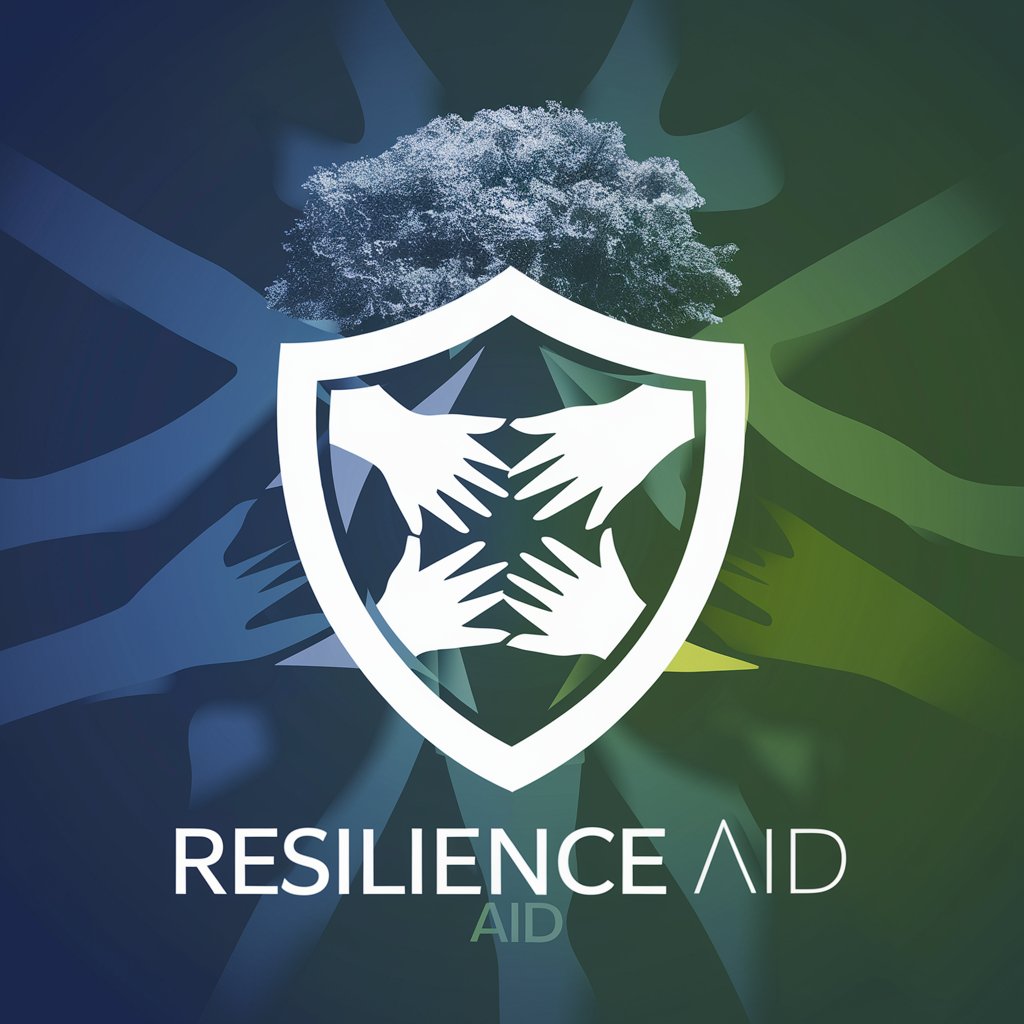
Let's Eradicate Poverty Together?
Eradicate Poverty with AI-Powered Insights

Tools for Degrowth
Empower Sustainable Choices
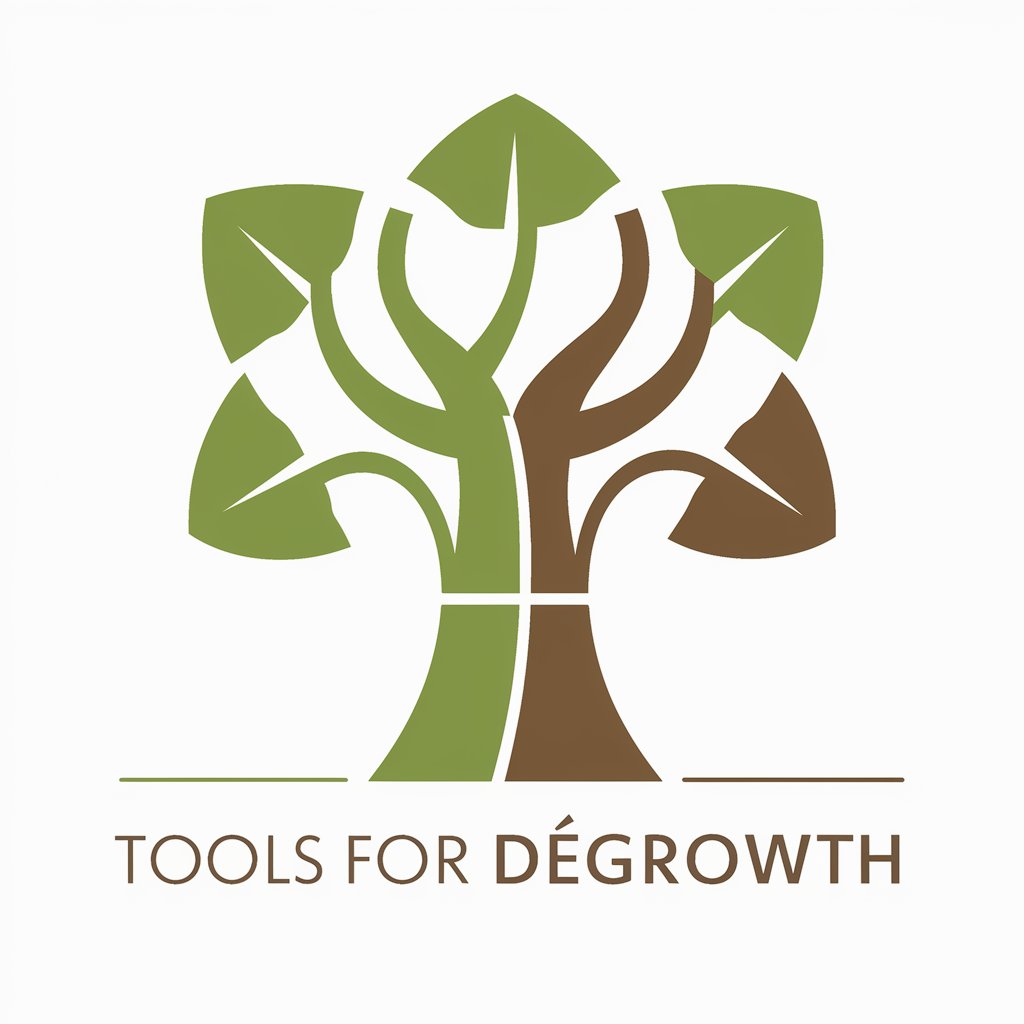
Urban Visions
Revolutionizing Urban Planning with AI

Community Needs Assessor
Empowering Communities with AI-driven Insights
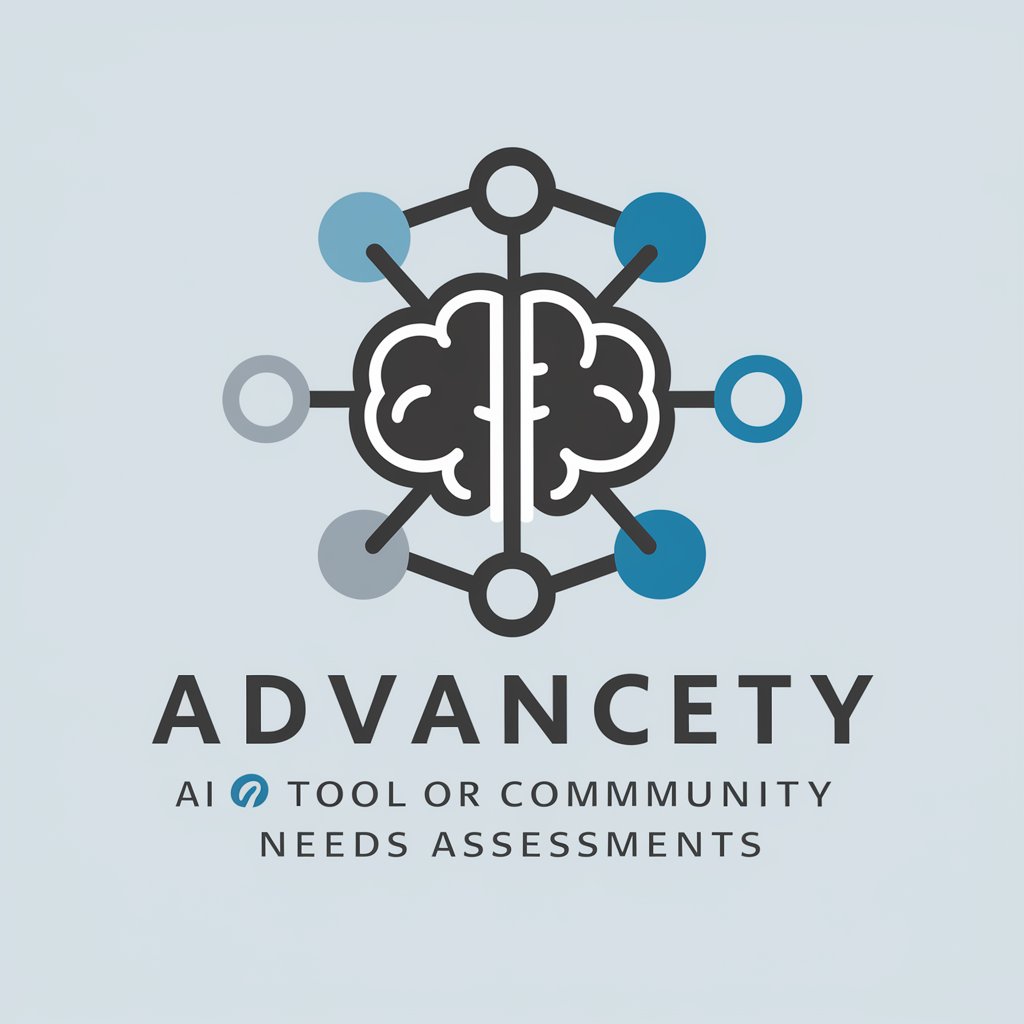
Solar Insight Assistant
Harness AI for Solar Insight
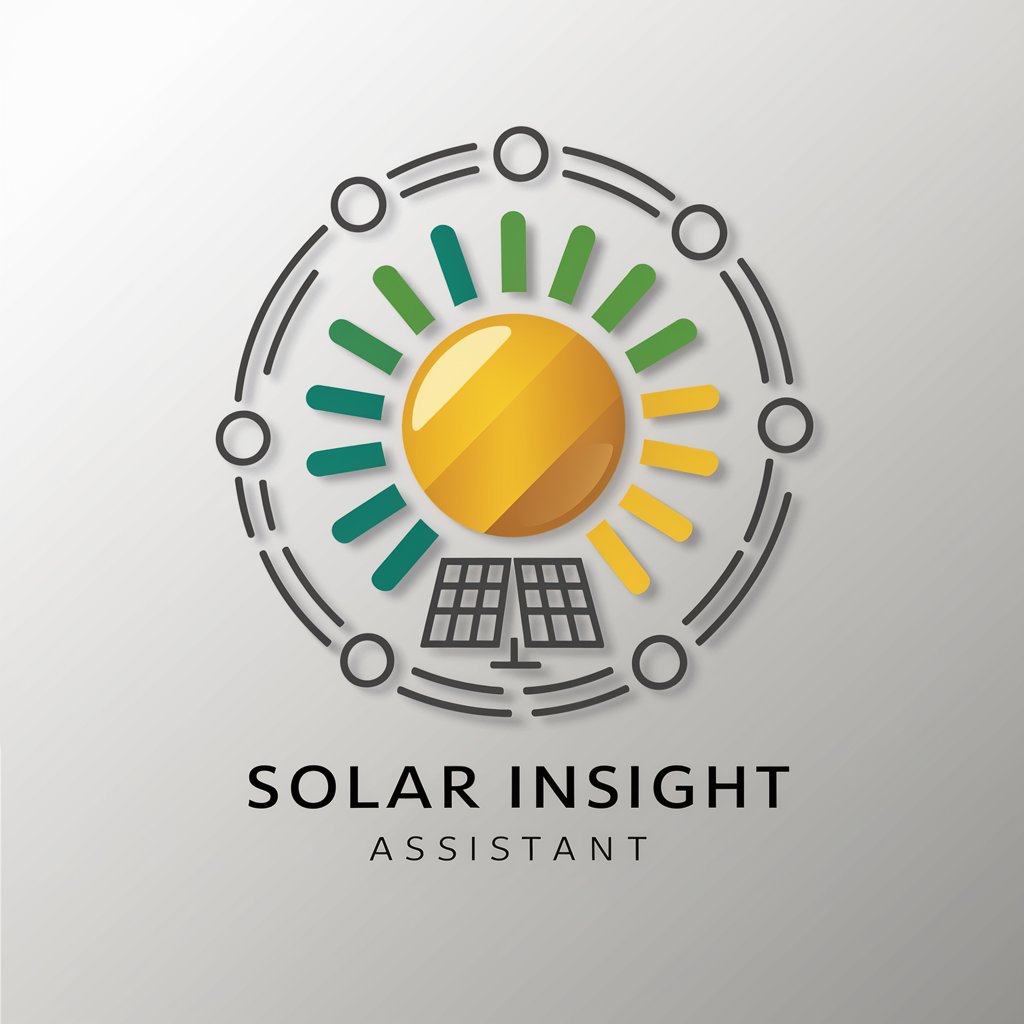
Tiny Home Helper
Design Smart, Live Tiny

Asesor Energético Luces Nuevas
Powering Rural Communities with AI
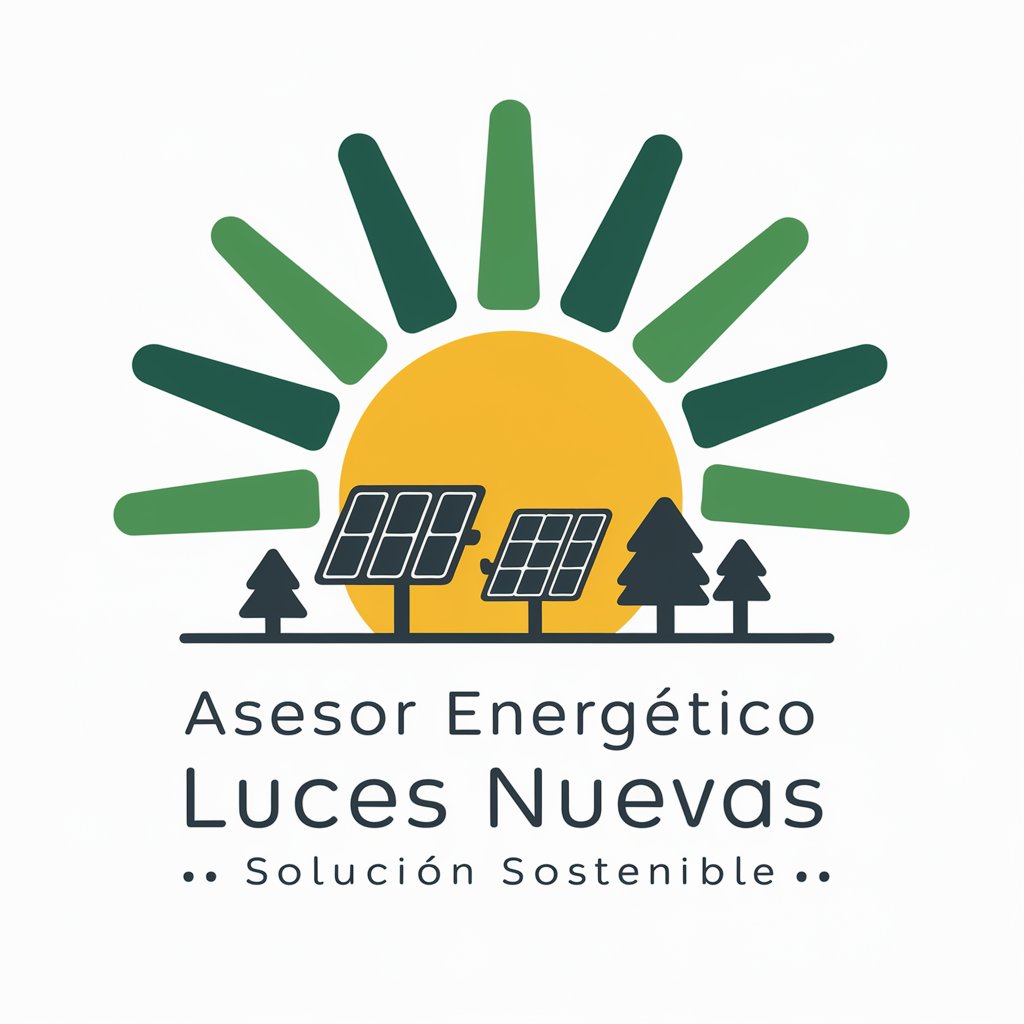
Ley Agraria en Mexico Fecha del 2023
Deciphering Land Rights with AI
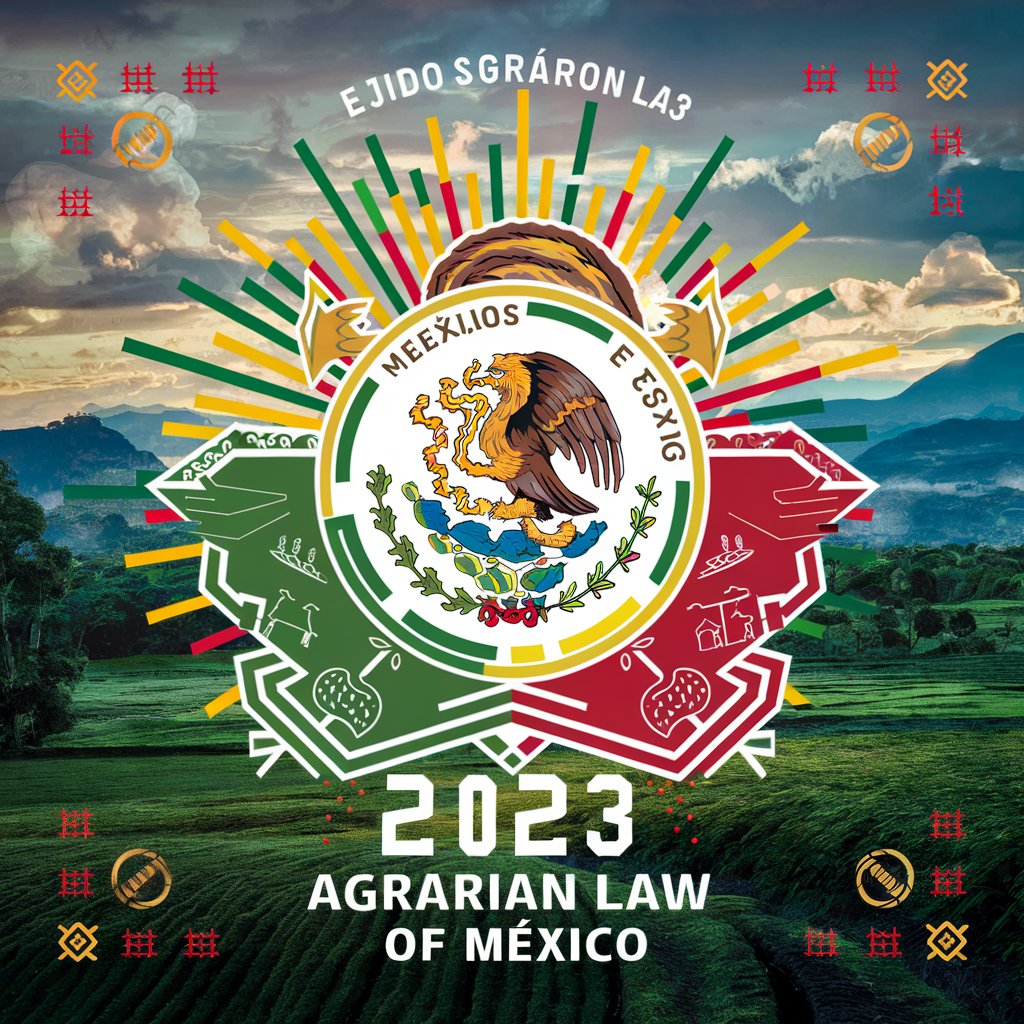
EcoUrban Planner
Shaping Sustainable Cities with AI

Essential Qualities of AI GPTs in Community Planning
AI GPTs for Community Planning stand out due to their adaptability, enabling them to handle a range of functions from generating comprehensive reports to facilitating stakeholder engagement. Key features include advanced language understanding for analyzing public feedback, technical support for interpreting planning data, web searching for gathering relevant information, image creation for visualizing development projects, and data analysis capabilities for informed decision-making. These GPTs can process and synthesize large volumes of data, offering insights and solutions tailored to the unique needs of community planning.
Who Benefits from Community Planning AI GPTs
AI GPTs for Community Planning are designed for a diverse audience, including novices passionate about community development, developers creating planning tools, and professionals in urban planning and public policy. These tools are accessible to individuals without coding skills, offering user-friendly interfaces for simple tasks, while also providing advanced customization options for those with programming expertise. This makes them versatile resources capable of catering to a wide range of needs within the community planning domain.
Try Our other AI GPTs tools for Free
Permaculture Design
Discover AI GPTs for Permaculture Design, innovative tools designed to revolutionize sustainable land use and ecosystem planning with tailored AI solutions.
Eco-Construction
Discover how AI GPTs revolutionize Eco-Construction with sustainable solutions, offering insights, guidelines, and support for energy efficiency and environmental friendliness in building practices.
Poetic Imagery
Discover the transformative power of AI GPTs for Poetic Imagery, tools designed to revolutionize the creation and appreciation of poetry through advanced AI capabilities.
Medication Guide
Discover how AI GPTs revolutionize medication guidance with tailored, accessible, and up-to-date drug information for healthcare professionals and patients.
FDA Database
Discover how AI GPTs transform FDA Database management, offering tailored, efficient solutions for healthcare and regulatory professionals.
Pharmacy Reference
Discover how AI GPTs for Pharmacy Reference revolutionize drug information retrieval, patient care, and pharmaceutical research with tailored AI solutions.
Expanding Horizons with AI GPTs in Planning
AI GPTs function as customized solutions across different sectors of community planning, offering user-friendly interfaces and flexibility in integration with existing systems or workflows. These tools not only streamline planning processes but also enhance creativity and inclusivity in community development, illustrating the transformative potential of AI in the planning field.
Frequently Asked Questions
What exactly are AI GPTs for Community Planning?
AI GPTs for Community Planning are specialized artificial intelligence tools designed to assist with various aspects of community and urban planning. They utilize generative pre-trained transformers to analyze, generate, and provide insights on data relevant to community development.
How can these tools be used in community planning?
These tools can be used for tasks such as analyzing public feedback, generating planning reports, visualizing development proposals, and gathering and synthesizing relevant data to inform decision-making processes.
Do I need coding skills to use AI GPTs for Community Planning?
No, many AI GPTs are designed with user-friendly interfaces that do not require coding skills for basic functions, making them accessible to a broad audience.
Can developers customize these AI GPT tools?
Yes, developers can access more advanced features and customization options, allowing them to tailor the tools to specific needs or integrate them into existing systems.
What makes AI GPTs different from other planning tools?
AI GPTs leverage advanced AI and natural language processing technologies to offer more dynamic, flexible, and intelligent solutions compared to traditional planning tools, enabling them to adapt to a wide range of planning tasks.
How do these tools handle data privacy and security?
AI GPTs for Community Planning are designed with data privacy and security considerations in mind, employing measures to protect sensitive information and comply with relevant data protection regulations.
Can these tools analyze and visualize spatial data?
While primarily focused on language-based tasks, some AI GPTs for Community Planning are integrated with features that allow for the analysis and visualization of spatial data, aiding in the planning and development process.
What are the potential limitations of using AI GPTs in community planning?
Potential limitations include the need for high-quality data inputs, the risk of bias in AI-generated outputs, and the necessity for human oversight to ensure that the insights generated align with real-world planning contexts.